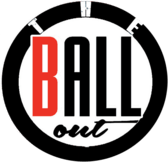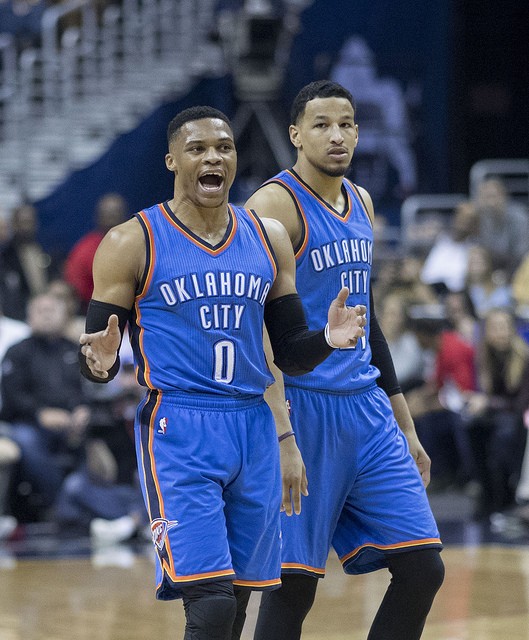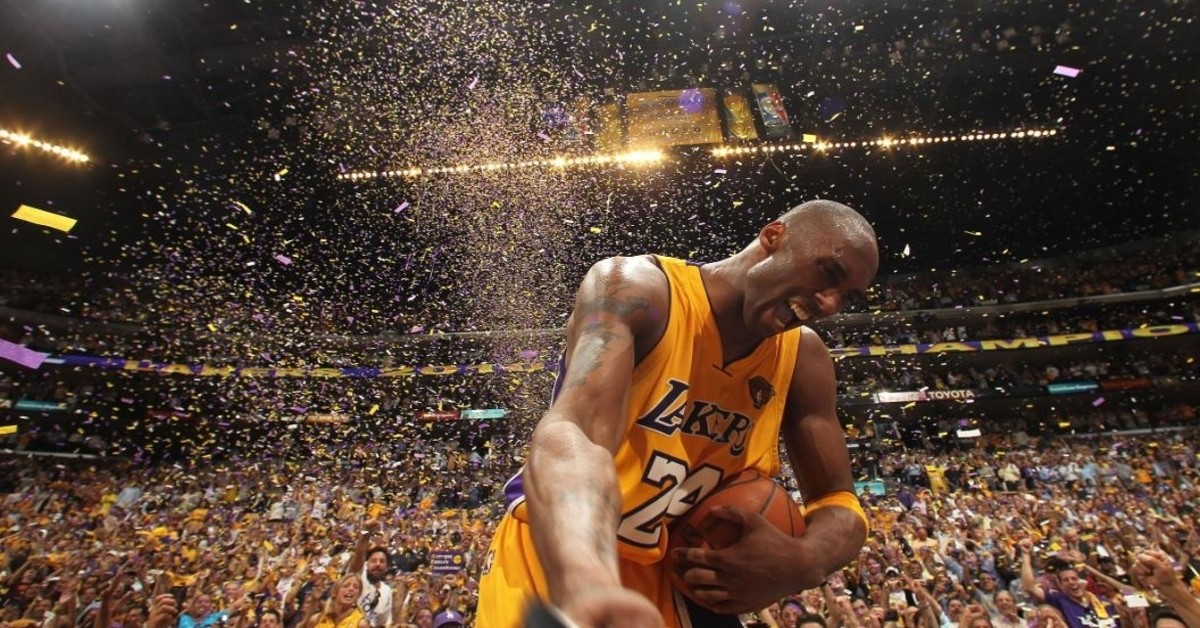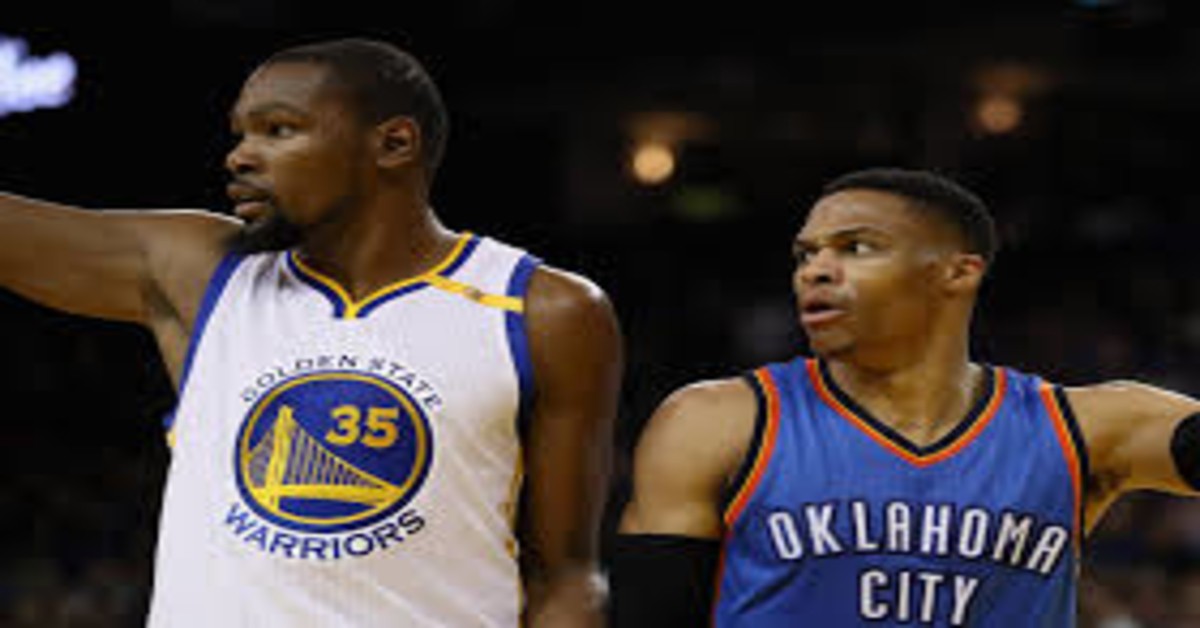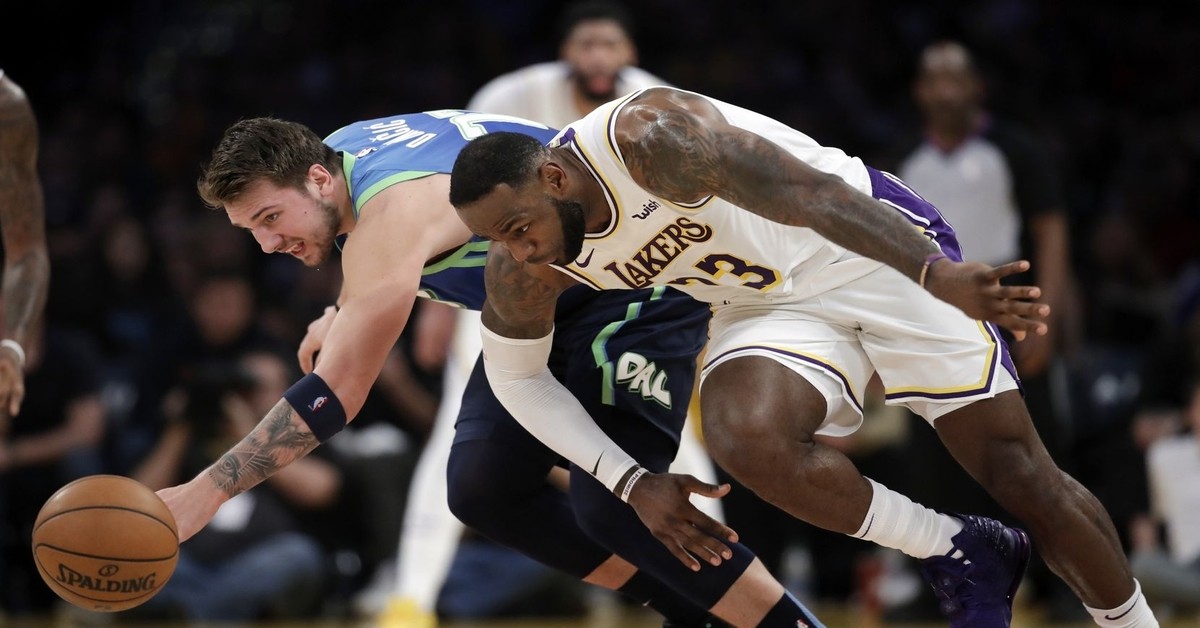Ladies and gentlemen, welcome back to another round of The Triple Double. Now that the first Round of the NBA Playoffs has been etched in stone, it’s time to discuss who was a success story, and who was the biggest failure; because let’s face it, as sports fans we not only love a feel-good story, but we also obsess over the failures as well.
1) SUCCESS STORY: New Orleans Pelicans
Going into the season, the collective world thought the New Orleans Pelicans had the potential to be good. But with DeMarcus Cousins going down shortly before the All-Star break with a nasty knee injury, the Pelicans were supposed to be done; sports publications were already preparing eulogies over what could have been.
And then Anthony Davis, the franchise cornerstone, proved the world wrong. Over the last two and a half months of the regular season, Davis averaged 29.1 points per game, almost single-handedly keeping the Pelicans in the playoff race. The rest of the team took notice, and finished the regular season with a five-game win streak to secure the sixth seed in the playoffs. Then, in the first round, they continued to ride the heat wave.
The resurgence of “Playoff” Rajon Rondo, and contributions from Jrue Holiday and Nikola Mirotic (who had a game-high 30 points in Game 3), along with the usual awesomeness from Davis led to an unpredictable four-game sweep of the three-seed Portland Trail Blazers.
While Portland managed to keep it close score wise most games, the score didn’t resemble just how poorly Portland fared against the trapping New Orleans defense. The team’s main scoring options, Damian Lillard (26.9 PPG regular season), was held to 18.5 PPG in the sweep, which earned ridicule from plenty of columnists and has led to questions about whether it’s time to break up the Blazers.
As a prize for the sweep, the Pelicans are now in the midst of a semifinal series with the second-seed (and defending NBA Champion) Golden State Warriors. Even if they don’t manage to win this series, their season is still considered as a success in our book.
2) SUCCESS STORY: LeBron James and the Indiana Pacers
I’m counting two separate entities here, because to give credit to LeBron while not acknowledging the Pacers’ fight would be unfair.
You may ask “Why are you singling out LeBron and not giving the entire Cleveland Cavaliers roster credit for making it out of the first round?” And the answer is simple if you watched the same series I did: Cleveland getting to the second round was solely because of LeBron James. Period.
LeBron’s stat line for the first round: 34.4 PPG, 10 RPG, 7.7 assists, 1.4 steals, one block and 41.1 minutes per game. This includes three 40+ point games, leading his team in scoring in EVERY game, leading the team in rebounds twice, and in assists four times. The next leading scorer for Cleveland this postseason so far is Kevin Love, and at 11.4 points, it’s an embarrassment.
With the team averaging 95 points a game, that means LeBron is averaging over a third of the team’s points…and he’s in his 15th season. So unless you’re riding the LeBron Hate Train, as a sports fan we have to acknowledge that essentially if LeBron tires out or has a bad game…Cleveland is DONE.
At the same time, we have to give props to the Indiana Pacers for their efforts this season. Considering that most people (myself included) thought they would be relegated to the 2018 NBA Draft Lottery after trading away their franchise player in Paul George (don’t worry, we’ll get to him later), the Pacers may have been the best feel-good story in basketball this season.
Victor Oladipo, the main name from the George trade to Oklahoma City, emerged to be the team’s breakout star, leading the team in scoring in both the regular season (23.1 PPG) and the playoffs (22.7).
The rest of the team also stepped up during the surprisingly competitive seven-game series against Cleveland; seven players averaged double-figures in scoring. If not for the lack of offensive rebounding (only 8.1 a game during the first round), they may have had a better chance at pulling off the upset and ending The King’s reign of never being eliminated in the first round.
This postseason was a pivotal stepping stone for this young squad (Darren Collison, at 30, is the team’s oldest player by nearly a full year), and if Nate McMillan can continue to build on the potential…Indiana could potentially be a top-3 seed next season.
3) EPIC FAILURE: Oklahoma City Thunder
Don’t @ me here. When a team that only had one major player won 47 games the year before, then adds more star pieces and only improves by ONE game, they deserve to be considered an epic failure. End of story.
Except in Oklahoma City’s case, it’s only the beginning of what is going to be a potentially fatal offseason for them.
Fresh off the heels of an embarrassing six-game series loss at the hands of the fifth-seed Utah Jazz, the Thunder now have more questions than they do answers. The first question is pretty apparent: how did they add Paul George and Carmelo Anthony, and STILL only manage to win 48 games?
There is no quick answer, though many people will attribute it to the loss of defensive ace Andre Roberson at the end of January. Without his lockdown perimeter D, the Thunder allowed 108.4 points per game, which led to them having to depend on outshooting their opponents if they wanted to win.
The true answer to that though is fairly simple: Russell Westbrook (29.3 PPG, 12 RPG, 7.5 APG) is the system, and everything flows around him. I’m not slandering Russ; any man who can
average a triple-double two seasons in a row earns my respect. But that also is the underlying problem: When the Thunder added Anthony (16.2 PPG, career-low) and George (21.9 PPG), Westbrook should have had some of the load taken off him. However, the Thunder still struggled out the gate, going 8-12 in the first two months of the season. That it took Westbrook having to have a second straight season of averaging a triple-double to stay in the playoff chase even with those additions speaks poorly on the coaching ability of Billy Donovan.
It’s even worse when you consider this: in the 2016-17 season the Thunder went 47-35 with Russ, Victor Oladipo and a bunch of role players; this season with Steven Adams (10.5 PPG), Anthony, George and Westbrook all averaging double digits in scoring…the Thunder went 48-34, a one-game improvement.
The problem of Russ being the system exacerbates itself in the playoffs, where in the elimination game, Russ took 43 SHOTS!!! Paul George, on the other hand, went 2-of-16 from the floor. He made nearly $20 million this season to make two shots in a playoff elimination game. Carmelo Anthony…had seven points.
To make matters worse, Paul George has a player option he can exercise this off-season, and Carmelo Anthony has an ETO (Early Termination Option) he can exercise as well. While George’s future is somewhat murky (last season he said he planned on going to the Los Angeles Lakers after this season, but he is considering staying with OKC), Anthony has made it pretty clear that not only is he going to opt-in to his contract to stay with OKC…but that he refuses to accept a bench role.
As a 33-year old who doesn’t play defense and is about to collect $28 million, OKC has to do one of two things: a) tell Melo that if he is going to opt-in, he WILL be the sixth man off the bench, or b) use the threat of Melo refusing to take a bench role against him, and dangle him as bait. The downside is that no team in their right mind will look at him as more than a bench player either, and with the money he’s going to be getting, no one is going to take Melo as a one-year rental.
The Thunder already have about $117 million in cap space tied up next season, and that’s without assuming George stays, which will add an additional $20.7 million. And with Russ on the books through 2022-23, they don’t have much room for error. Whether they can put pieces around Russ (or whether they’ll have to consider the possibility of blowing it up – again) will be one of the biggest stories not just this off-season, but for the next five years.
Ladies and gentlemen, thank you for checking out the NBA Playoff First Round edition of the Triple Double. Be prepared for a Second Round edition once that is in the books.
